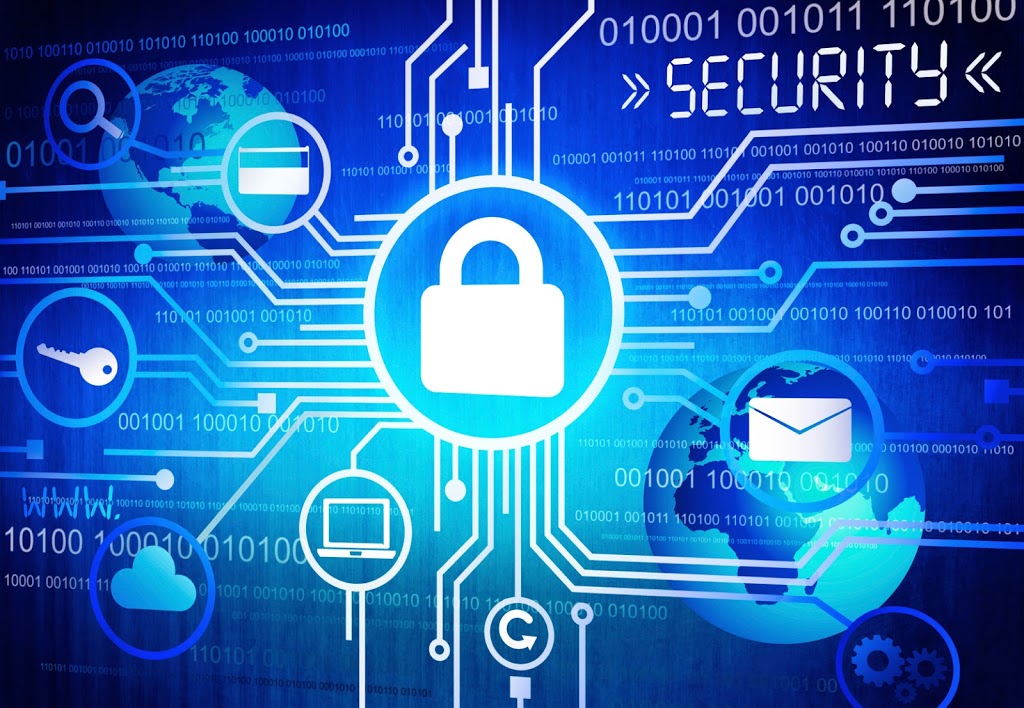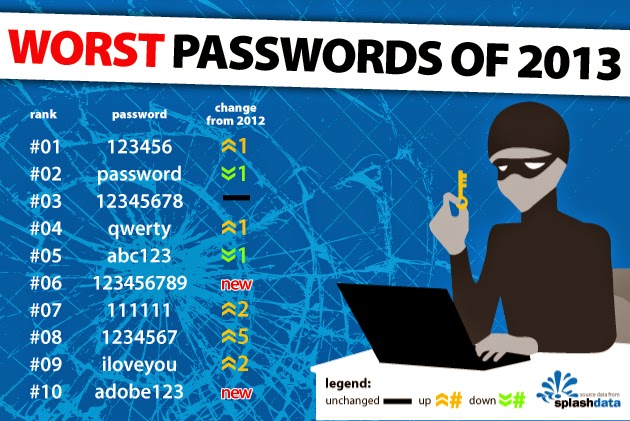Make a good start to the New Year by practicing a few tips on passwords. Just like you change the battery in your fire alarms, you should change your passwords – right now. First and foremost you need to create a strong password. I know everyone is tired of creating passwords, but if you follow 4 simple tips, you wont be the one they are talking about on the news, during the next HACK.
Creating a unique password for each of your accounts
Use a different password for each of your important accounts, like your email and online banking accounts. Re-using passwords is risky. If someone figures out your password for one account, that person could potentially gain access to your email, address, and even your money.
Storing your passwords
Don’t leave your passwords on your computer or desk. People who walk by can easily steal this information and use it to compromise your account. If you decide to save your passwords in a file on your computer, create a unique name for the file so people don’t know what’s inside. Avoid giving the file an obvious name, such as “my passwords.” If you have a difficult time remembering multiple passwords, password manager App, may be a good solution. Spend a few minutes checking out the reviews and reputations of these services.
When it comes to Cyber crimes, it’s hard to not be a victim but you can look for the obvious scams. The scams are not that different since scams began – they are just online. If somebody gets a little info on you they will use it to sound like they know you. Google provides the following information on Cyber security
You don’t have to be a tech expert to help keep your information safe. Learn about the steps you can take to protect yourself online – like picking strong passwords and installing antivirus software – as well as the ways we fight to secure your information and devices.
Avoid scams
Lots of the people you meet online are great, but a few bad apples can spoil the bunch. Follow these three simple tips to avoid scammers and stay safe on the web.
Read more
How we help protect you from scams and personal fraud
Just like in the offline world, there are con artists and fraudsters on the Internet. Learn more about what Google does to help keep you from getting scammed.
Read more
Prevent identity theft
You wouldn’t leave your front door unlocked, so why leave your online identity unsecured? By avoiding a few common criminal tricks, you can protect yourself from online fraud and identity theft.
Read more


